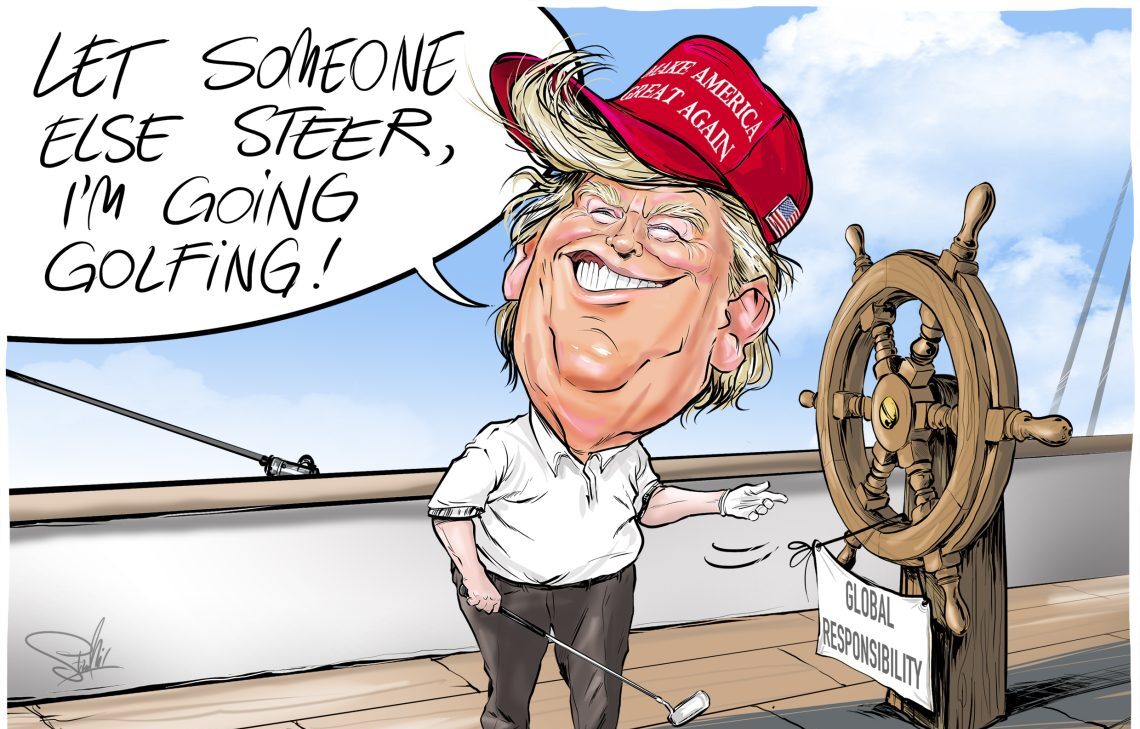Policy cures worse than the disease
Governments first failed to respond to the COVID-19 pandemic. When they finally realized the scope of the challenge, most resorted to misguided, self-serving and often disastrous policy responses. Their push for centralization and control of economies, companies and ultimately, individuals, bodes ill for the future.

The disease started in Wuhan, a city in the Hubei province of China. After first ignoring the problem, the authorities in Beijing cut off the contaminated area from the rest of the country – however, they did not ban international air traffic. By the end of January, the world was facing a health problem, but that truth had still not sunk in.
The world has lost its head and gone into a panicky, large-scale economic lockdown. Coronavirus rules supreme.
The disease started in Wuhan, a city in the Hubei province of China. After first ignoring the problem, the authorities in Beijing cut off the contaminated area from the rest of the country – however, they did not ban international air traffic. By the end of January, the world was facing a health problem, but that truth had still not sunk in.
First: denial
When, on February 1, the United States began denying entry to travelers from China, the decision was loudly criticized. Many in Europe saw it as a manifestation of President Donald Trump’s anti-Chinese leanings. Tedros Adhanom Ghebreyesus, the director-general of the World Health Organization (WHO), argued that travel restrictions cause more harm than good because they hinder information flow, disrupt medical supply chains and harm the economies. Through many of his official actions, the head of the WHO has revealed his uncritical admiration for the People’s Republic of China …
Continue reading ->
Policy cures worse than the disease
GIS is a global intelligence service providing independent, analytical, fact-based reports from a team of experts around the world. We also provide bespoke geopolitical consultancy services to businesses to support their international investment decisions. Our clients have access to expert insights in the fields of geopolitics, economics, defense, security and energy. Our experts provide scenarios on significant geopolitical events and trends. They use their knowledge to analyze the big picture and provide valuable recommendations of what is likely to happen next, in a way which informs long-term decision-making. Our experts play active roles in top universities, think-tanks, intelligence services, business and as government advisors. They have a unique blend of backgrounds and experience to deliver the narrative and understanding of global developments. They will help you develop a complete understanding of international affairs because they identify the key players, their motivations and what really matters in a changing world. Our experts examine the challenges and opportunities in economies old and new, identify emerging politicians and analyze and appraise new threats in a fast-changing world. They offer new ideas, fresh perspectives and rigorous study.
































